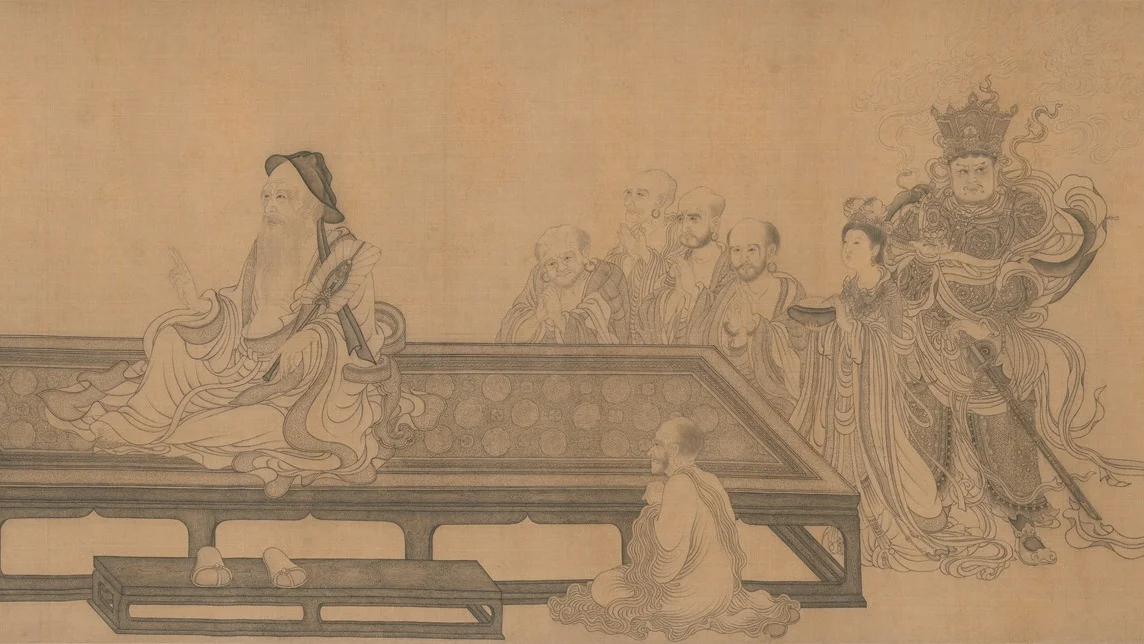Should Your Kids Be Doctor?
The looming shortage of tens of thousands of physicians is clear. Its consequences are not difficult to grasp and would likely include a worsening of health disparities already on display in many communities across the country as well as increased physical and emotional exhaustion of providers who will have to carry even heavier patient loads than they do today, both at the clinic, in the hospital, and in the operating room. The unknown direction and nuances of our Byzantine healthcare system, with all the promises sure to come as part of the 2020 presidential election, add even more uncertainty as to how we should, or can, deal with this problem.
And yet, this has not stoked the kind of fear and calls to action that proponents of climate change are getting better at communicating to the general public nor the kind of fierce, if at times toxic, urgency with which we are engaging in a national debate about the abuses and shortcomings of a national immigration policy sorely in need of overhaul.
It should be.
----------------------------------------------------------------------------------------------------
Healthcare premiums are increasing faster than income, and recent data has shown that even those on employee-sponsored plans are having trouble paying their medical bills. Our poor health outcomes compared to other developed countries have been noted for years. Insurance and pharmaceutical companies are not getting much better at creating affordable plans with comprehensive coverage for the increasing proportion of the population with chronic disease.
Physicians are increasingly advocating for patients and their own colleagues, organizing protests, petitions, and visits to state capitals, and in some cases, the national capital. Many are leaving clinical medicine to work up the ladder of administration to solve the problems they see within the healthcare system they have worked for decades in. Upstream, medical schools are beginning to emphasize an understanding of the evolving healthcare space to equip students with tools to be changemakers, but still face challenges.
But medical school and residency training leave limited time for the majority of trainees to pursue interests such as these. As a result, thousands of talented individuals enter a profession that, down the road, many may believe makes it harder for them to do the very thing they sought out to do in the first place - provide services that improve health and, by at least that measure, bolster their ability to help empower patients to determine the nature and course of their lives.
So rather than asking if we should be training more doctors (we should), I propose a more difficult, and I think, a more meaningful, question: would you want your child to be a physician? At least one group that attempted to answer this question arrived at the disturbing conclusion that up to 70% of physicians would not recommend the profession to their family or friends. If it’s idealism and a desire to heal that bring people into medicine, it is not difficult to imagine that the words of a trusted family member, professional mentor, or public sentiment fueled by now routinely released figures of burnout within the profession, may be enough to dissuade them from doing so.
At the same time, applicants to medical school have increased more than 25% since 2002-2003, so perhaps no one is being dissuaded. Inherent in the medical training system however, is an information imbalance that makes it impossible to know what you’re in for until you’re hundreds of thousands of dollars in debt and have pursued one technical skill for over a decade of your life. Consider, then, the harm to our healthcare infrastructure if the physician gap is closed by increasing supply at the cost of increased turnover if this new crop of thousands of physicians arrive into a profession that is nothing like what they imagined. If the next generation of physicians stays in medicine for shorter periods of time, patients experience less continuity of care and the profession as a whole experiences a growing loss of collective wisdom and knowledge of those who have practiced clinical medicine as a career. Further, cynicism and distrust of the healthcare system may dissuade those who leave medicine to stay within the healthcare industry and leverage the valuable skills they have spent so much time developing.
If the profession could be headed in this direction, who better to stem the tide and restore hope in a workforce becoming increasingly “burned out” than physicians themselves? But in the face of a shortage, they are facing a difficult question - should they stay or should they go?
More than questions about just the logistics and future of healthcare, this may be a matter of deeper moral concern for many physicians. The sense of obligation to remain in the field to serve patients despite increasing regulations and docuentation requirements (which decrease time spent with patiens) can result in feelings of hopelessness and lack of meaning in their work contribute, at least in part, to increasing rates of physician burnout and higher rates of addiction and suicide when compared to the general population. And yet we persist. We enter the pipeline with dreams of making an impact on people’s lives, and it is a great privilege for us that we do. But at what cost?
Share your thoughts on the current state of medical training in the comment section below.
Subscribe to the blog by entering your email in the subscription box below. Don't rely on Facebook to get notifications for new posts. We only email when a new post is published. No spam. If you are reading this on your phone, just keep scrolling down to get to the Subscribe box.
Give us some love by sharing the blog. Forward the blog to people you think would like it. Post the blog on social media. Like and Follow our Facebook Page. Follow us on Twitter. Follow us on Instagram


